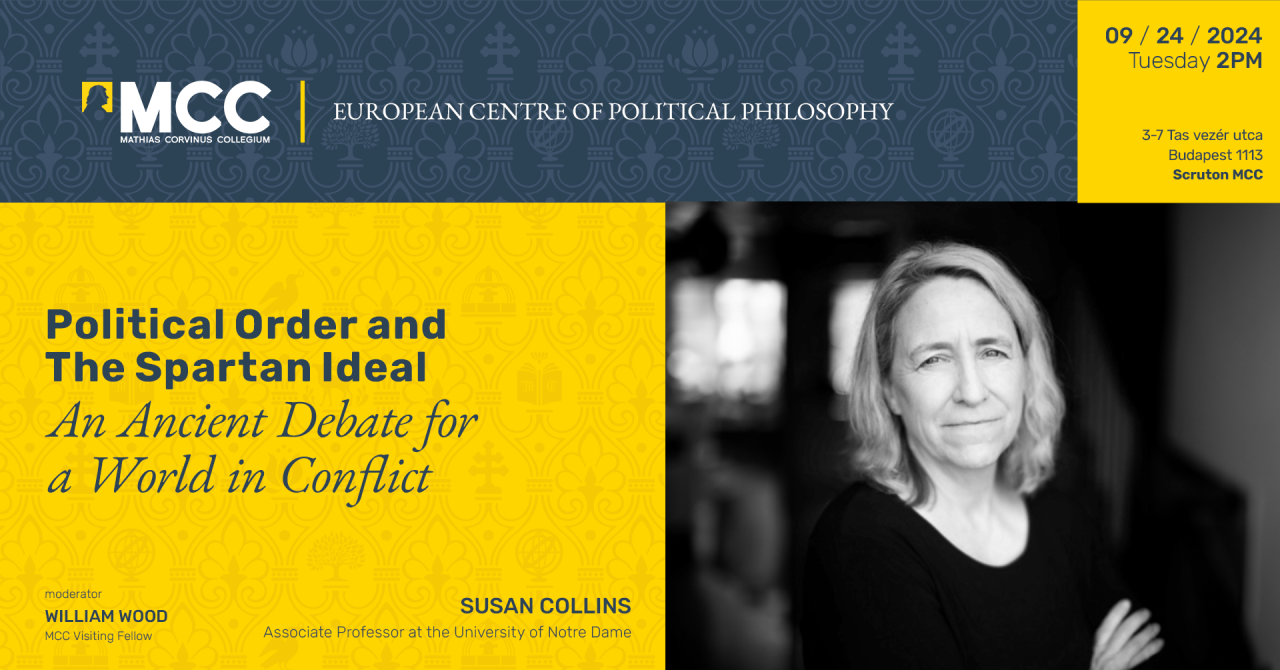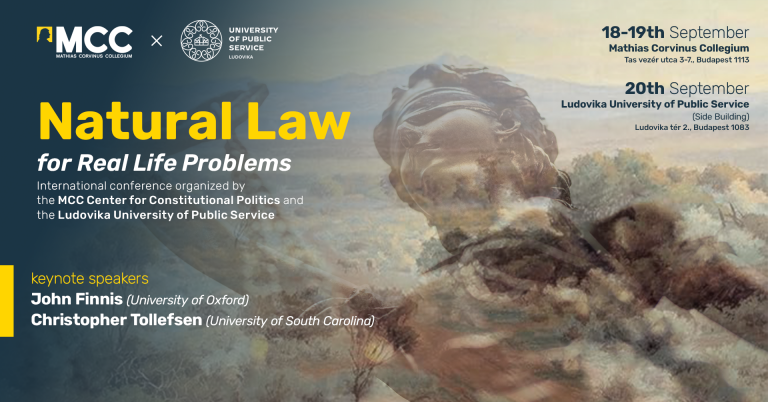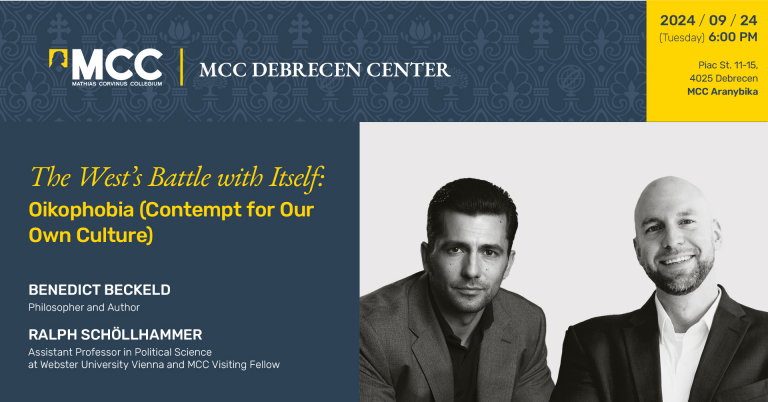Join us as we sit down with Professor Susan Collins to discuss the ancient Spartan regime and what relevance it may still have today.
This talk explores the significance, for classical philosophy and for us, of an ancient debate between the champions and critics of the Spartan politeia, the “regime” or “constitution” attributed to the legendary Spartan lawgiver Lycurgus. Those unfamiliar with the celebration of Sparta in the history of thought may wonder what we can learn from a debate concerning an ancient martial regime, which some modern commentators have even called a mirage or myth. Yet, however idealized, Sparta has always occupied a place in our political imagination. After the attacks of October 7th, Israeli novelist David Grossman observed that Israel must now be “both Athens and Sparta.” In the 1950s, the American scholar Samuel Huntington praised West Point and its military virtues as a “bit of Sparta in the midst of Babylon.” From the archaic period to the nineteenth century, in fact, many poets and political thinkers celebrated the Spartan politeia as the best regime. The questions at the heart of the ancient debate over Sparta, I argue, are not only central to the classical tradition. They are re-emerging with critiques of liberal constitutionalism and forms of political conflict that have undermined confidence in the once regnant model of liberal-democracy.
Participants of the discussion:
Prof. Susan Collins, Associate Professor at the University of Notre Dame
Dr. William Wood, MCC Visiting Fellow


